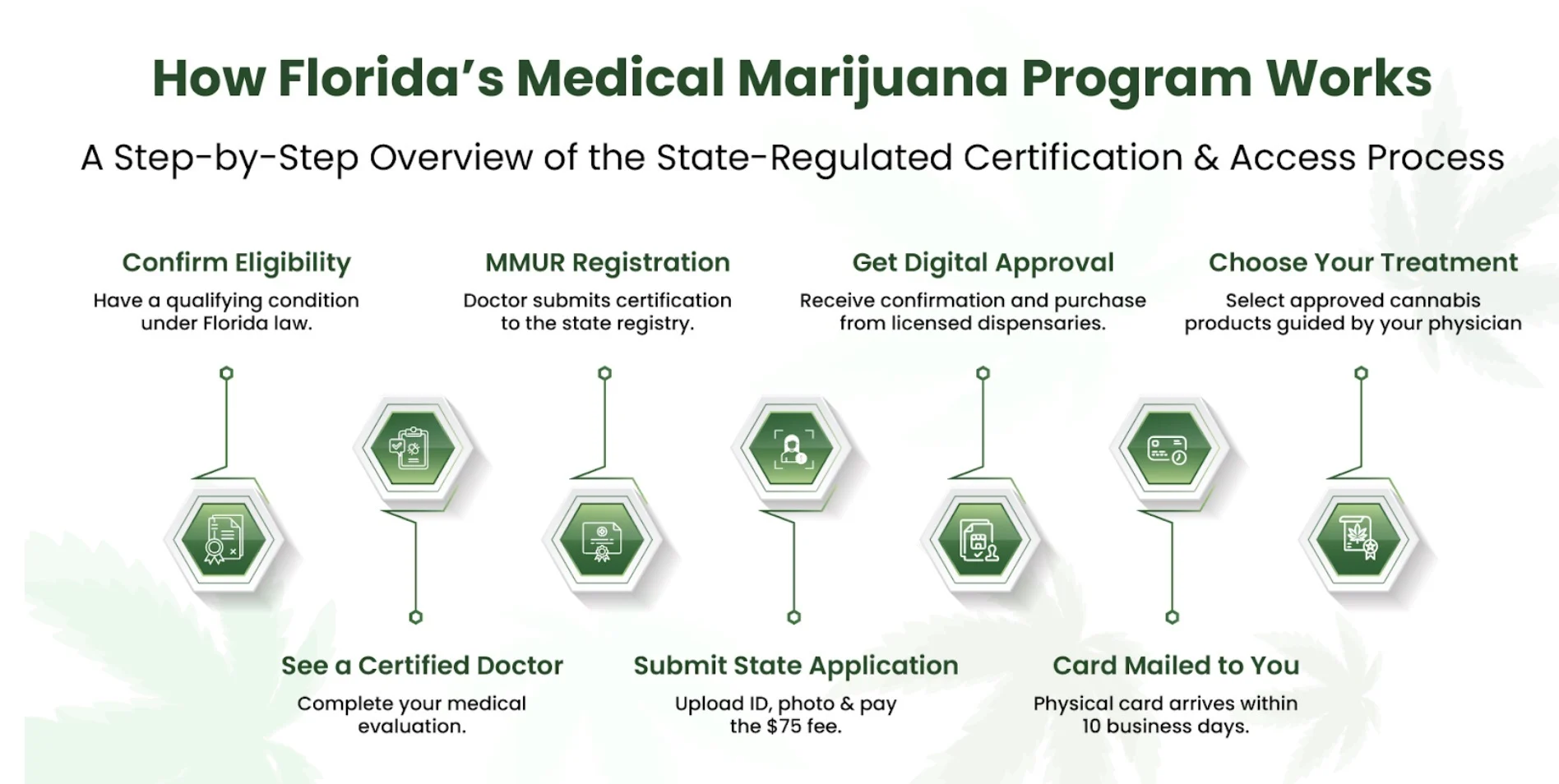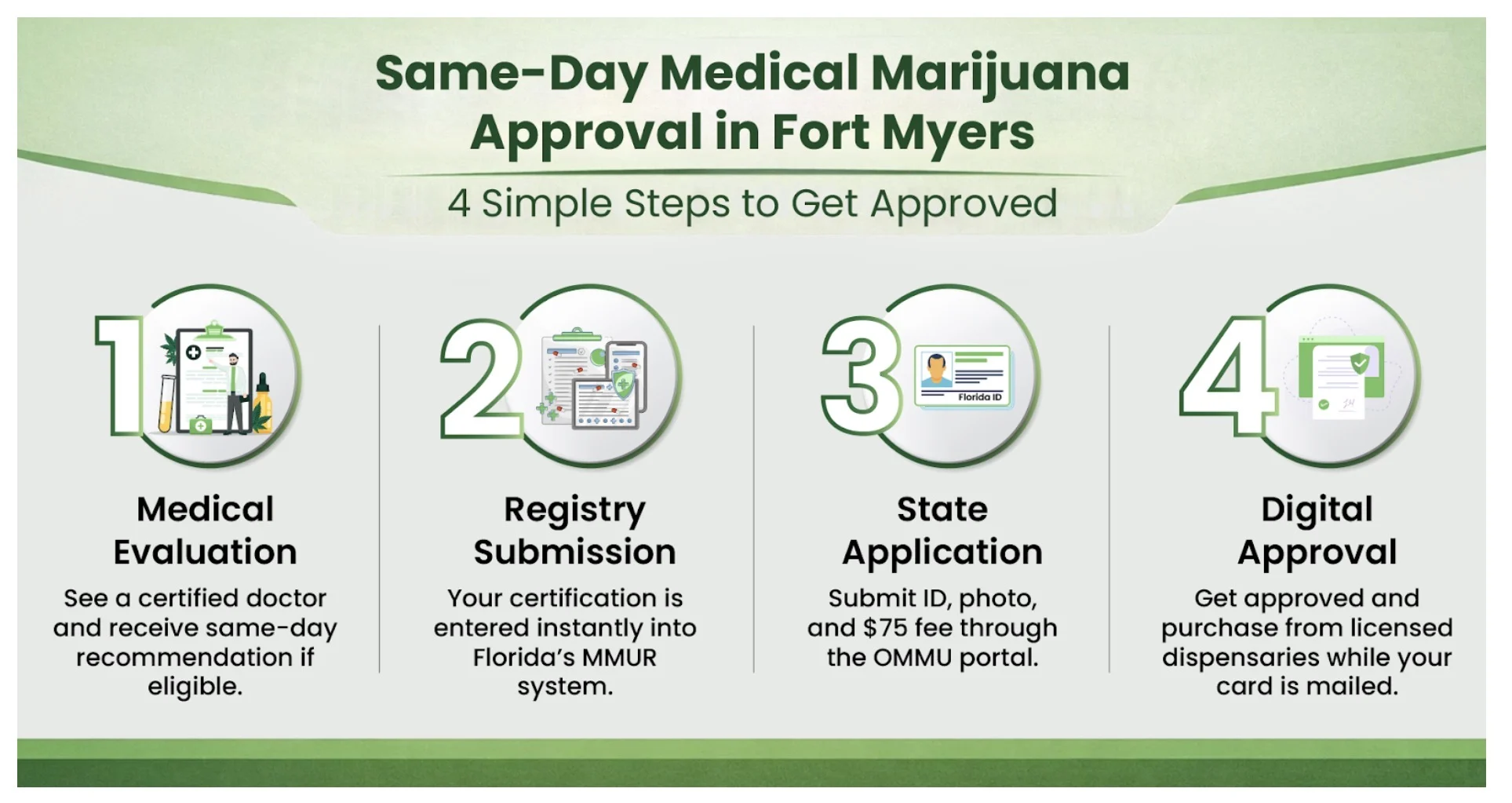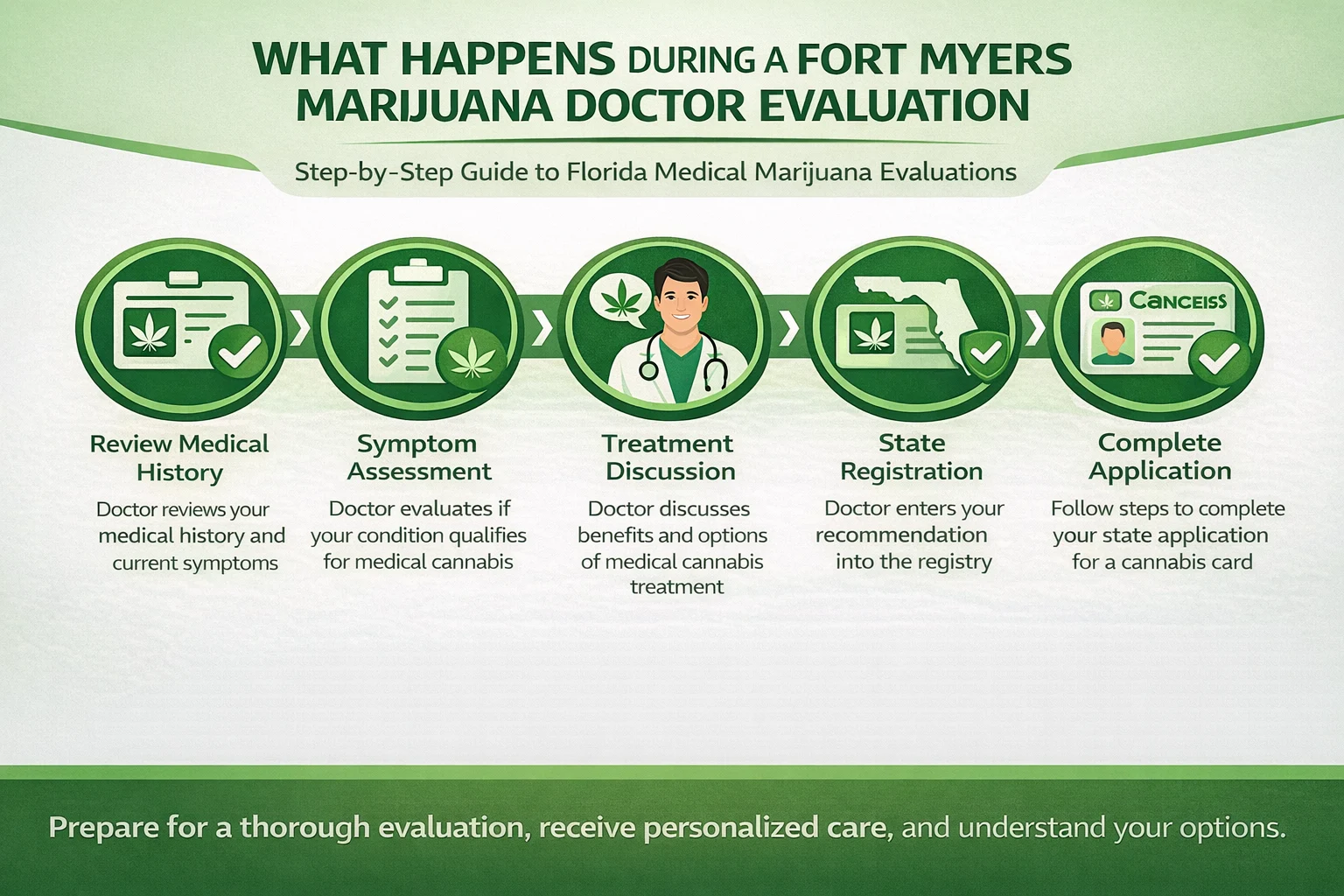Medical marijuana is a therapeutic drug with numerous beneficial effects on health. It contains vital constituents that can work alongside traditional medication to help address a number of illnesses. However, medical marijuana use is an area of ongoing research, and there are stigmas surrounding its use. In Florida, medical marijuana is legal for managing a limited number of health issues, including Alzheimer’s. Nonetheless, patients must have a valid medical marijuana card Melbourne for the safe use of this drug. Moreover, consulting with a medical marijuana expert is necessary.
In this article, we will discuss the therapeutic nature of medical marijuana for Alzheimer’s disease.
Alzheimer’s disease: Explained
Alzheimer’s is a brain disease that gradually impairs thinking and memory abilities as well as the capacity to do even the most basic tasks. Most patients with the condition have late-onset symptoms, which initially manifest in their mid-60s. While Alzheimer’s disease primarily affects older adults, in rare cases, early-onset Alzheimer’s can strike individuals between the ages of 30 and 65.
Research shows that over 6 million Americans 65 years of age and older may have Alzheimer’s disease; estimates may vary.
Read further to know the symptoms associated with Alzheimer’s.
Symptoms of Alzheimer’s
Alzheimer’s patients struggle with daily tasks, including driving a car, preparing food, and handling finances. They can find even basic tasks complicated, ask the same questions repeatedly, misplace items or put them in strange locations, and get lost easily.
As the illness worsens, some patients may experience anxiety, rage, or violent outbursts.
The National Institute of Neurological Disorders and Stroke reports that Alzheimer’s can lead to the following behaviors:
- Affected cognition, behavior, and memory
- confusion
- restlessness
- personality and behavioral changes
- impaired judgment
- impaired communication
- inability to follow instructions
- impaired mental processes involving visual and spatial awareness
Traditional treatment for Alzheimer’s disease
The U.S. Food and Drug Administration (FDA) has approved a number of prescription medications for the management of Alzheimer’s. For those with Alzheimer’s in the early or intermediate stages, the majority of FDA-approved medications can be helpful.
As of now, there is no known cure for Alzheimer’s. However, Alzheimer’s patients who receive treatment can live more comfortably, independently, and with dignity for extended periods of time.
Cholinesterase inhibitors such as donepezil, rivastigmine, and galantamine are for mild to moderate Alzheimer’s disease symptoms. These medications may lessen or regulate a few behavioral and cognitive problems.
People with early-stage Alzheimer’s disease or mild cognitive impairment are being investigated for several additional Alzheimer’s drugs.
Alzheimer’s patients must be cautious when using certain medications, including antipsychotics, anticonvulsants, anti-anxiety medications, and sleep aids. Moreover, those with Alzheimer’s disease need to be aware of potential drug adverse effects and be careful with medication.
Effects of Conventional Medication
1. Sleep Aids
People take sleep aids to aid in their ability to fall and stay asleep. However, these medications should not be used frequently by those who have Alzheimer’s disease since they increase confusion and increase health risks.
2. Anti-anxiety Medication
Agitation is often managed with anti-anxiety medications. However, anti-anxiety medications of some kinds can make you drowsy, dizzy, fall, and confused. Thus, medical professionals do not advise using these for extended periods of time or at all.
3. Anticonvulsants
These medications are occasionally used to manage extreme aggressiveness. However, disorientation, mood fluctuations, tiredness, and dizziness are possible side effects.
4. Antipsychotics
They are medications that help address agitation, paranoia, and hallucinations. However, these medications can have serious adverse effects that may include an increased chance of death in certain elderly dementia patients. Thus, people with Alzheimer’s disease should only be prescribed these drugs if their doctor certifies that their symptoms are severe.
Use of Medical Marijuana in managing Alzheimer’s
Although additional research is required to completely understand its effects, medical marijuana has potential advantages for those with dementia and Alzheimer’s. Research reveals several possible advantages, including:
1. Symptom Management:
Medicinal marijuana has the potential to ease a number of symptoms related to dementia and Alzheimer’s disease. According to reports, it may reduce agitation, anxiety, and hostility, which can greatly enhance the quality of life for those who suffer from these disorders. Furthermore, it might assist in managing co-occurring symptoms such as depression, appetite loss, and sleep issues.
2. Enhancement of Cognitive Function:
Certain components of marijuana, such as cannabidiol (CBD) and delta-9-tetrahydrocannabinol (THC), may be beneficial. These substances affect the neurotransmitter systems involved in memory and cognition, which may help Alzheimer’s patients with their cognitive abilities. However, to determine the efficacy and safety of medical marijuana for improving cognition, more research is necessary.
3. Neuroprotective Properties:
Research indicates that certain cannabinoids in medicinal marijuana may have the ability to prevent brain cell damage and increase brain cell survival.
4. Anti-Inflammatory Effects:
Alzheimer’s disease is thought to progress more slowly as a result of chronic inflammation. Medical marijuana may lessen brain inflammation and the harm that results from neuroinflammation.
5. Appetite Stimulation and Weight Management:
By activating cannabinoid receptors that regulate hunger and satiety, medical marijuana, especially THC strains, may stimulate appetite and aid weight reduction.
Noting that each person reacts differently to medicinal marijuana and that its effects might change depending on strain, dosage, and the precise ratio of compounds to cannabinoids are all crucial points to remember.
Medical marijuana can help manage Alzheimer’s, but it has certain regulations. When thinking about medicinal marijuana as a therapy option, one should carefully consider legal and regulatory issues, possible adverse effects, and medicine combinations.
Moreover, the role of a medical marijuana doctor is necessary for mindful decision-making with regard to cannabis.
The Takeaway
Medical marijuana is a potential therapy for managing Alzheimer’s disease. Patients with Alzheimer’s can approach doctors with MMJ specialization to get a roadmap for treatment. The medical marijuana doctors at My Florida Green can help you learn about medical marijuana while also assisting you with your medical marijuana card Melbourne.










